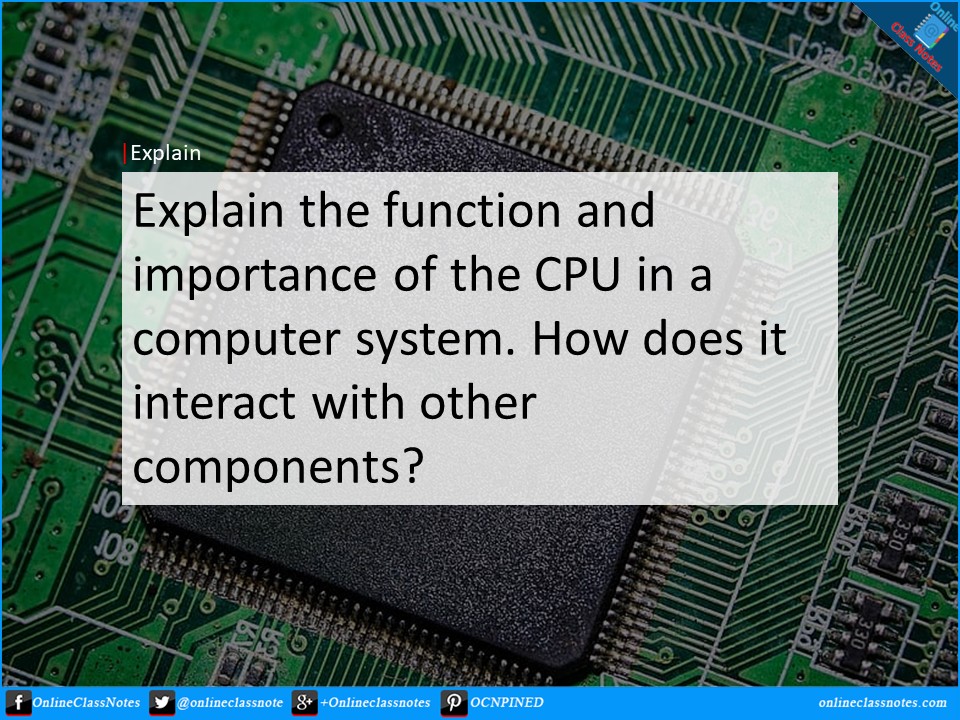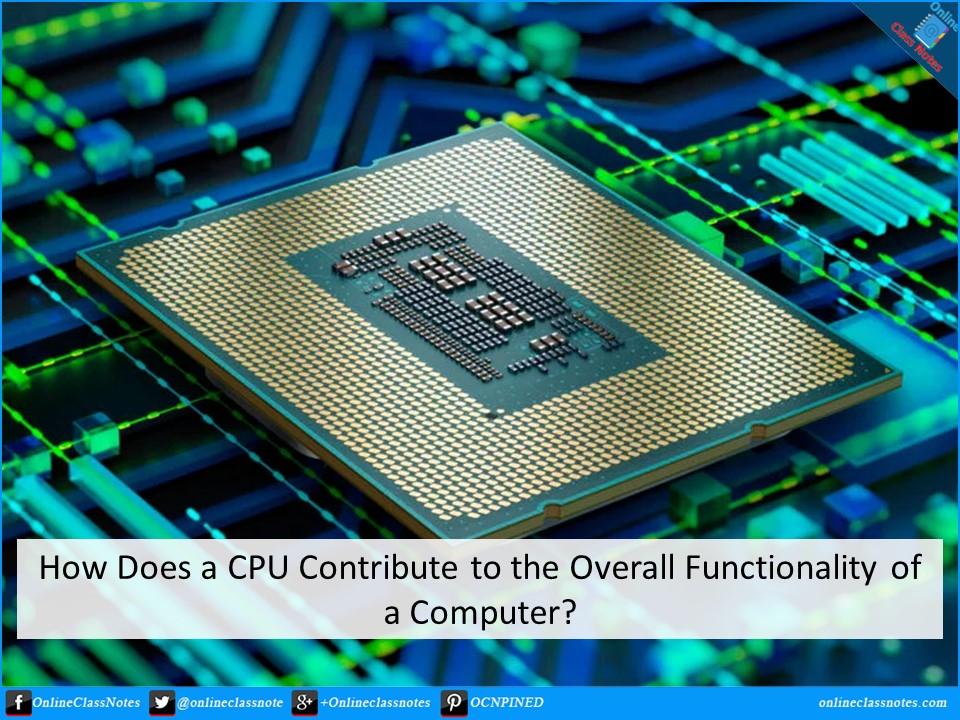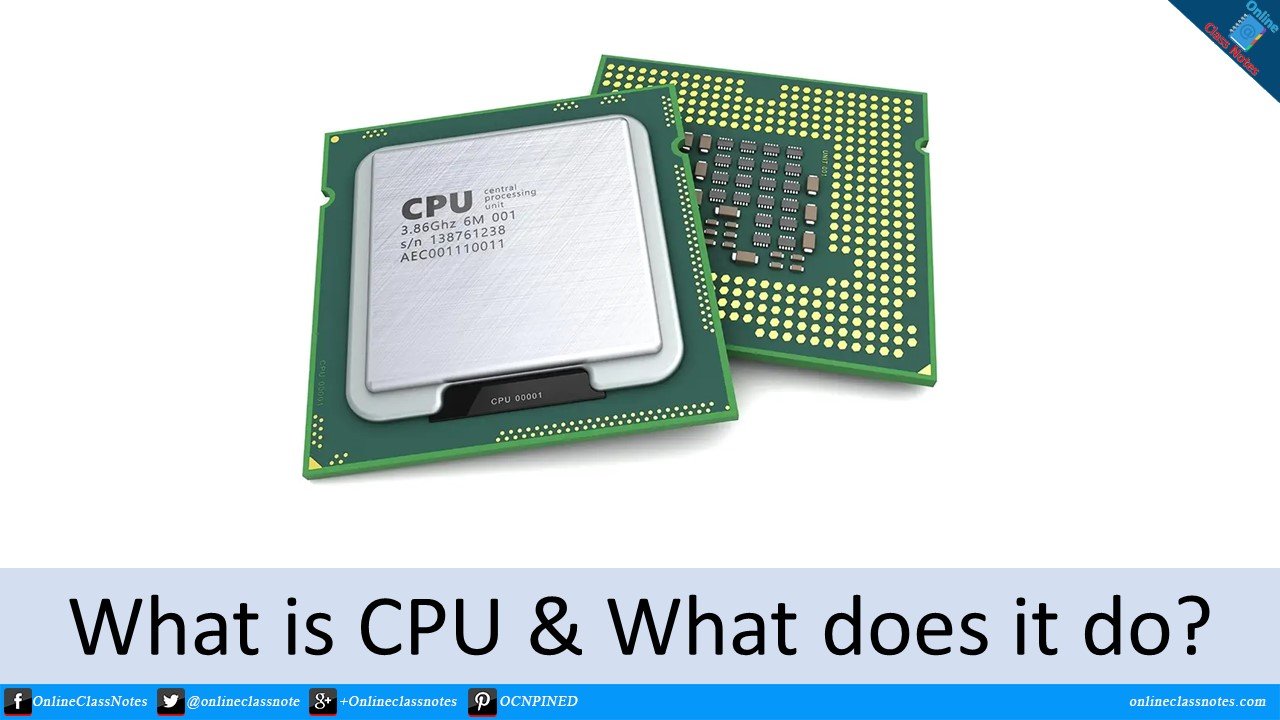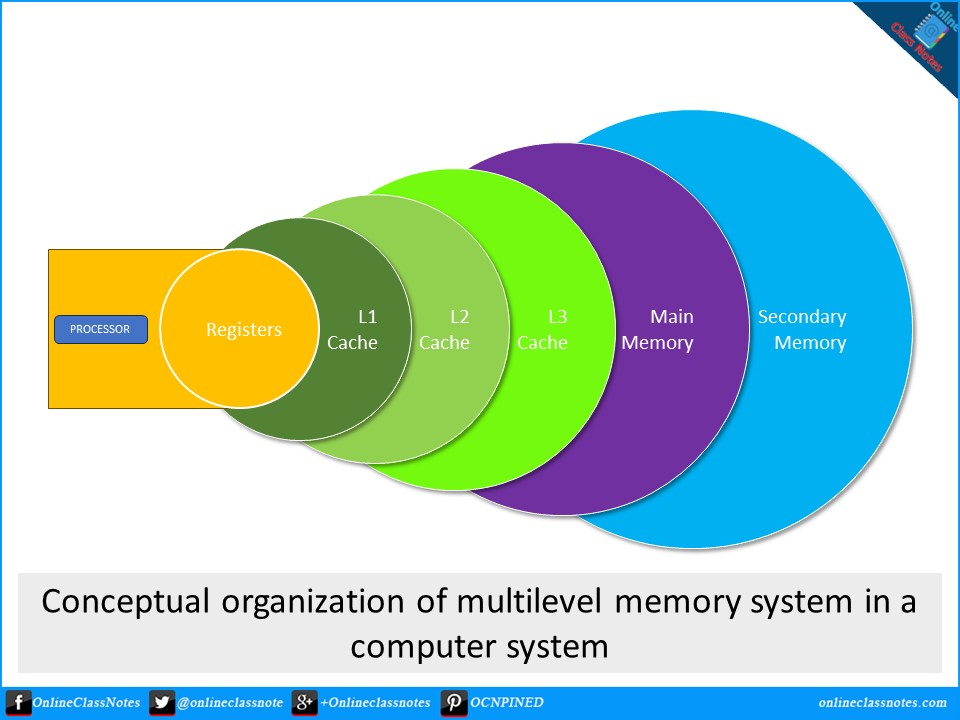Parallelism in CPUs refers to the ability of a processor to perform multiple tasks simultaneously, thereby increasing throughput and overall performance. Parallelism can be achieved at different levels within a CPU, from the execution of individual instructions to the concurrent execution of multiple threads or processes.
cpu
How does pipelining improve CPU performance? What are the stages of the pipeline, and what challenges may arise in implementing pipelining?
Pipelining is a technique used in CPU design to improve performance by overlapping the execution of multiple instructions. It allows the CPU to process several instructions simultaneously, thereby increasing throughput and overall efficiency.
Discuss the role of instruction-level parallelism (ILP) in CPU design. What techniques are used to exploit ILP, and what are their limitations?
Instruction-Level Parallelism (ILP) is a crucial concept in CPU design aimed at improving performance by executing multiple instructions simultaneously or overlapping their execution. ILP allows CPUs to exploit available instruction-level parallelism within a program to increase throughput and reduce execution time.
Explain the purpose and function of CPU caches. What are the different levels of cache memory, and how do they impact CPU performance?
CPU caches serve as high-speed storage units that store frequently accessed data and instructions to reduce the latency of memory access and improve overall CPU performance. Caches are designed to exploit the principle of locality, which states that programs tend to access a relatively small subset of data and instructions repeatedly within a short period of time. By storing this frequently accessed data and instructions in caches, CPUs can minimize the time spent waiting for data to be fetched from slower main memory.
Explain the function and importance of the CPU in a computer system. How does it interact with other components?
The CPU (Central Processing Unit) acts as the computer’s brain, managing instruction execution and conducting essential calculations for system functionality. It coordinates data processing, executes programs, and interacts with other components to ensure seamless operation.
How Does a CPU Contribute to the Overall Functionality of a Computer?
The Central Processing Unit (CPU) is often referred to as the “brain” of a computer. It plays a pivotal role in the overall functionality of a computer system, serving as the core component responsible for executing instructions, processing data, and coordinating various hardware and software components. The functions of CPU in overall functionality of a computer can be categorized into several key aspects:
What is CPU? What are the 10 functions of CPU?
CPU (Central processing unit)
A CPU, or Central Processing Unit, is the main component of a computer system that performs the majority of processing tasks required by the system. It is often referred to as the “brain” of the computer. The CPU is responsible for executing instructions, performing calculations, managing memory, and controlling input and output operations.
The CPU consists of three main components: the control unit, the arithmetic and logic unit, and the registers. The control unit is responsible for managing the flow of instructions between the CPU and other components of the computer system, including memory, input/output devices, and other processors. The arithmetic and logic unit performs mathematical and logical operations, such as addition, subtraction, and comparison of values. The registers are small areas of memory used to store data and instructions that the CPU is currently working on.
Explain the conceptual organization of multilevel memory system in a computer system.
Multilevel Memory Systems
For a CPU to perform at its maximum potential, it needs rapid and continuous access to memory. However, high-speed memory is costly, which necessitates the use of various levels of memory that balance performance and cost. Here’s an overview of the different types of memories in a computer system and their organization in a multilevel memory hierarchy.







